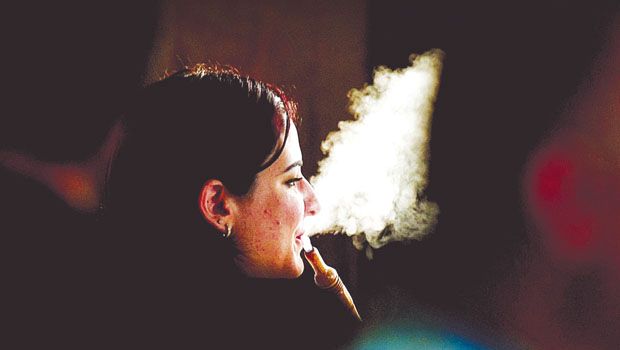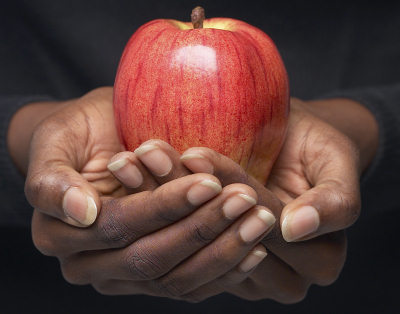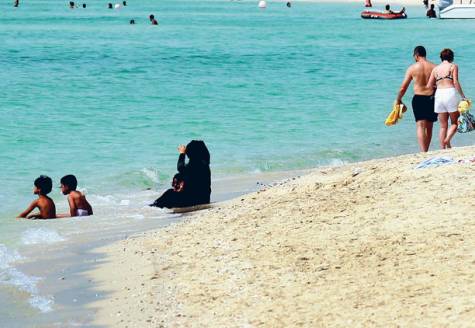Business & Finance Club - Dubai: If you think sunburn is the worst thing you could get while frolicking in the scorching midday sun, think twice.
Experts say skin cancer could be an even more dangerous possibility for those taking Dubai's beach life too lightly.
Dermatologists said holidaymakers in particular seem to underestimate the sun's ferocity here, choosing the worst possible time to hit the beach - the blistering midday hours in summer.
Take proper steps
Dubai's pristine waters lure visitors from around the world, but many fail to take proper steps while walking along the coastline, the specialists added.
Light-skinned Europeans seeking a perfect tan are especially in danger, they warned. "Their skin type usually burns, sometimes tans. It's not safe to go to the beach at midday for tanning; UV [ultraviolet] radiation is highest then," said Dr Wisam Ameri from GMC Hospital, Ajman.
Fair people have less melanin — a skin-colouring substance that also acts as a natural barrier to UV rays. "Many kinds of skin cancer get their start inside a burn. Even a single sunburn increases your lifetime risk of skin cancer."
According to him, few people realise that most sunscreen lotions offer little defence against sunlight.
"They usually protect only against UV-A type radiation, but most sunburn is caused by UV-B rays instead," Dr Ameri said.
At the very least, beachgoers [here] should use a sunscreen with 30 SPF (Sunburn Protection Factor) or higher, he advised.
However, no sun block, even with the strongest SPF, will provide 100 per cent protection, stressed Dr Mohammad Dallah, a specialist at Kaya Skin Clinic, Dubai.
He said people should simply avoid the beach between 10am and 4pm. If they must step out, they should apply sun block on any uncovered body areas, wear wide-brim hats and sunglasses and use umbrellas.
According to Dr Dallah, even tanning indoors "offers a false sense of protection."
Sun beds are bad
He said: "Sun beds damage the skin and unprotected eyes; they're best avoided entirely. Beware of tanning beds because they use UV-A rays which do not help protect the skin from further sun damage; they merely produce colour.
"Artificial sunlight can have the same harmful effects on the skin as natural sunlight. There's no safe tanning."
Dr Dallah added: "Tanning carries the risk of premature skin ageing, wrinkling and skin cancer. The risk is higher in light colour skin types."
Home treatments
- White vinegar and apple cider vinegar have been used for preventing blistering and peeling
- More unusual treatments involve applying lavender oil, cooled tea, yoghurt, or cucumber
- Using tomato on the skin is a more painful way of treating sunburn - but is mostly effective
- Relief may be found in putting a cool wet towel over the affected area
- Ice provides immediate relief - but once removed discomfort follows
- Ironically, a hot shower will take the sting out of sunburn











